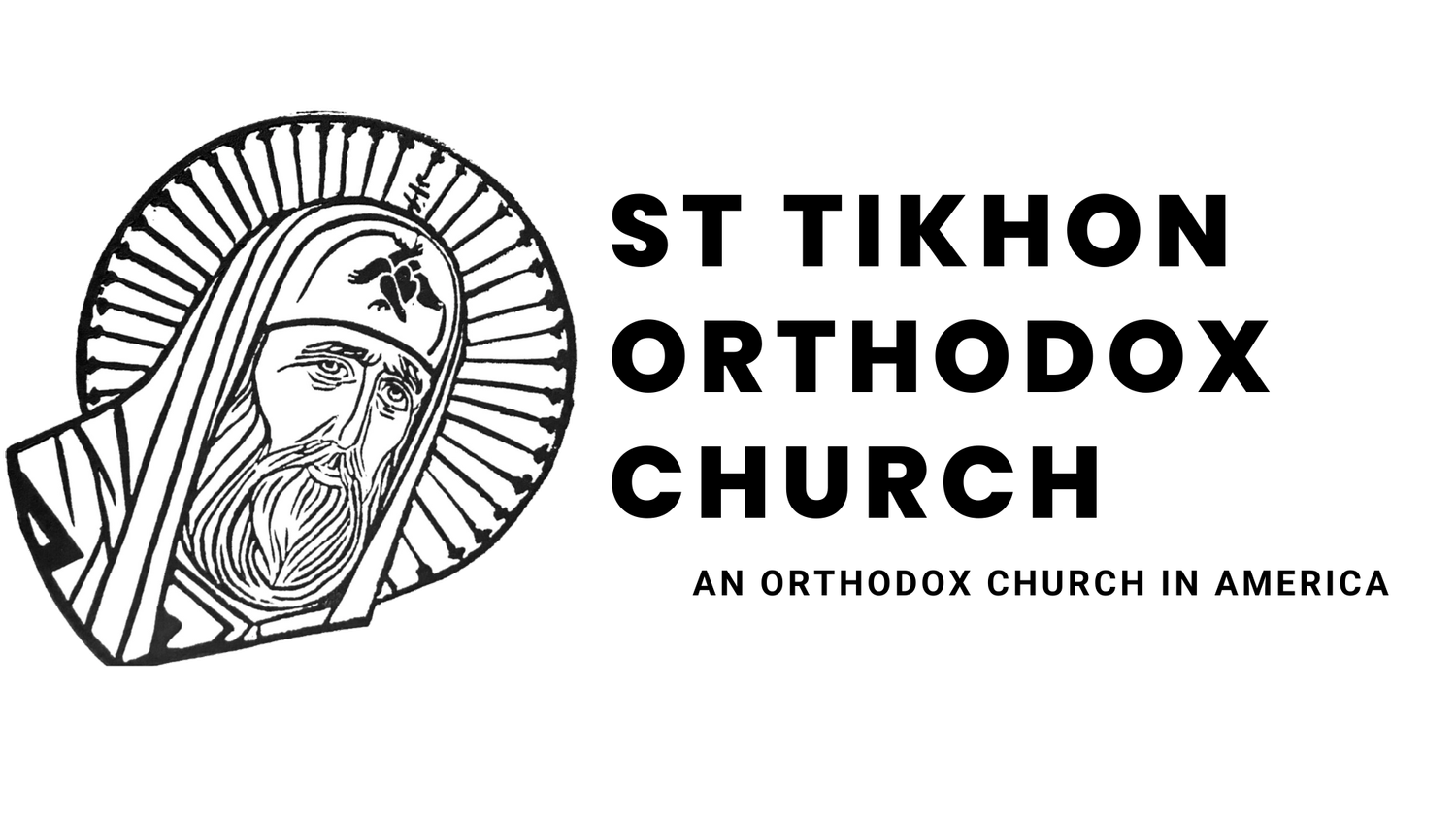On Fasting
By Father Christopher Foley [Holy Cross Orthodox Church]
Since we are currently in one of the four fasting periods of the Church year questions always arise about what is the proper approach to fasting as well as what is the actual prescribed fast. According to the Holy Canons of the Church, the Dormition fast calls for an ascetic fast which means no meat or meat products, fish, dairy products, wine, oil, or oil products. Wine and oil are permitted on Saturday and Sunday and fish, wine, and oil are permitted on Transfiguration. While this is the strict definition of the fast each one must prayerfully take into consideration their health, family concerns and spiritual considerations when approaching any fast. One should ask his or her Father Confessor when undertaking any fast. The main point to remember is the fast is not an end in itself, but a means towards an end which is continual abiding in Christ.
We fast for a number of reasons, one of which is so we can learn to eat properly. This may sound strange, but we fast from food in order to learn how to feast properly. We learn to be thankful to God for every good thing including our food. It is through food that Adam fell, and we all continue in this sin of Adam by seeing food as an end in itself. The root of all sin lies primarily in our appetites. We spend most of our time living "by bread alone." Food, and all of creation was meant for a means of communion with God, but we mistakenly see it as an end in itself, thereby making it out to be a god. Christ was also tempted by food in the wilderness and he refused to believe the lie that man lives by bread alone. Fasting restores our spiritual nature that has been corrupted by sin. Sin has mutilated and disfigured the image and likeness of God in man so much that when we feed our appetites as ends in themselves we have the impression of being alive, when in fact we are dead in sin.
Fasting helps to restore that image and likeness. We begin to see life as it truly is - in Christ. There is a tendency to either explain away the fast and reduce it to "giving something up", or to reduce it to a set of dietary laws that we follow in order to earn God's favor. According to Fr. Alexander Schmemann:
Fasting is our entrance and participation in that experience of Christ Himself by which He liberates us from total dependence on food, matter, and the world. By no means is our liberation a full one. Living in the fallen world, in the world of the Old Adam, being part of it, we still depend on food. But just as our death-through which we still must pass-has become by virtue of Christ's death a passage into life, the food we eat and the life it sustains can be life in God and for God. Part of our food has already become "food of immortality"- the body and blood of Christ Himself. But even the daily bread we receive from God can be in this life and in this world that which strengthens us, our communion with God, rather than which separates us from God. Yet it is only fasting that can perform that transformation, giving us the existential proof that our dependence on food and matter is not total, not absolute, that united to prayer, grace, and adoration, it can itself be spiritual.
God grant us the strength to fast and grant us the transfigured vision of life as communion with the one thing needful - which is Christ Himself.
